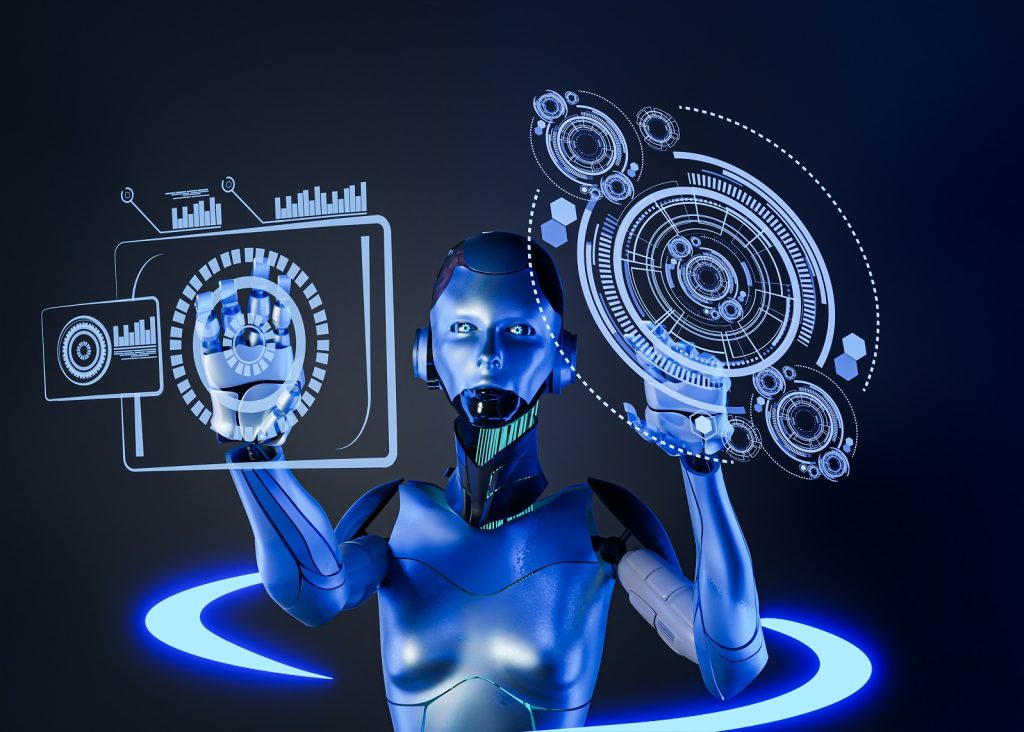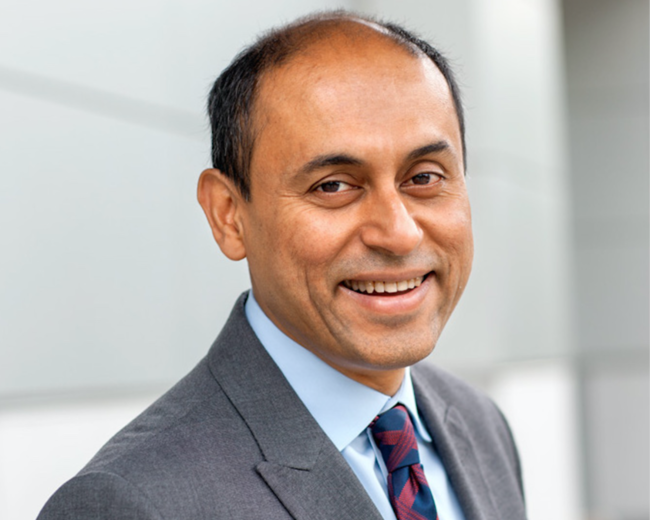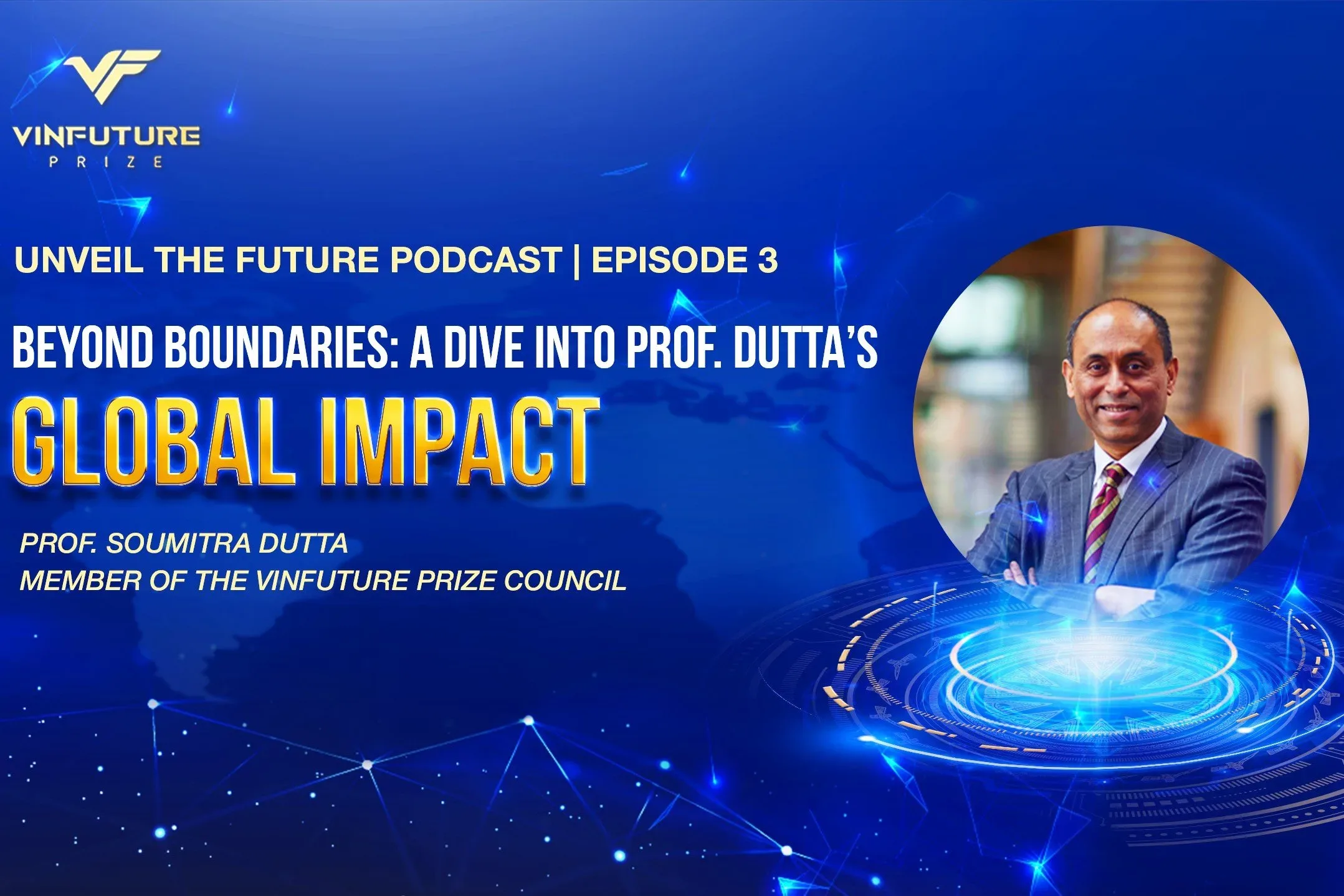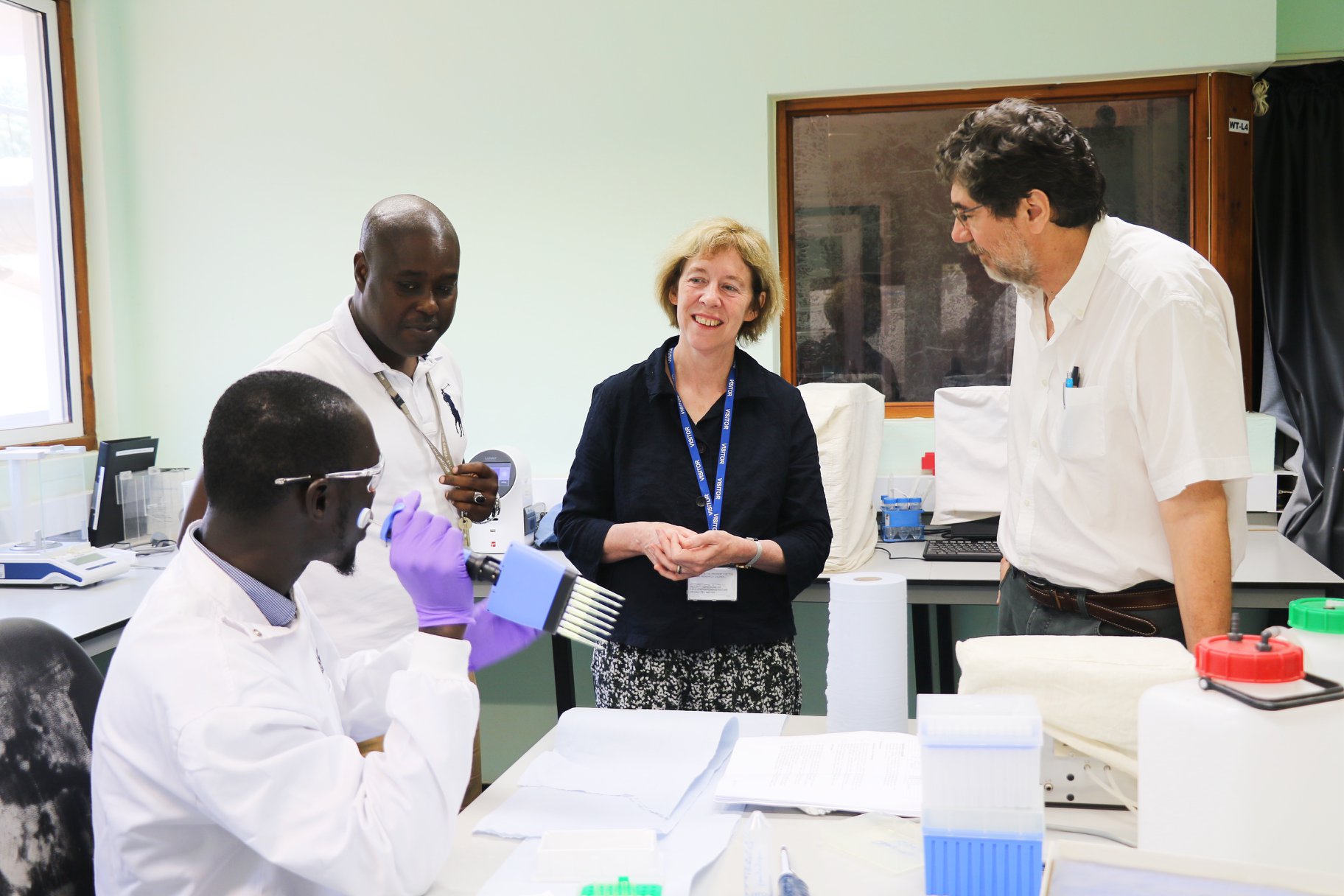Read the first part of the interview here.
– In your opinion, what emerging technologies do you think will shape the future of work and business over the next decade? How can organizations prepare for these changes?
– Professor Dutta: One challenge in information technology is that progress is accelerating, and people often fail to recognize it. Research indicates that humans struggle to manage exponential trends because we typically think in linear time. Consider Moore’s Law, which has been doubling computation every 18 months for over 50 years, and it’s now even faster. Many people believe computation doubles every 12 months, and with the emergence of quantum computing and other technologies, it is expected to progress even more quickly. As computational capacity continues to grow, we will be able to solve previously challenging problems.
Artificial intelligence (AI) is an excellent example of this trend. While the field has existed since the 1950s, progress has been slow due to inadequate computational resources. In the last 5-7 years, however, technology has advanced enough to power current AI systems, leading to significant progress. In the future, as digital technologies continue to advance, we can expect even more powerful solutions and systems that were previously unimaginable.
It’s challenging to predict how life and work will change due to the rapid pace of technological progress. While we might think that Zoom-based teaching is the future of virtual education, it’s possible that video-based communication will soon be replaced by even more advanced technologies. Research is being conducted to simulate senses like touch and smell in virtual environments, which could dramatically change how we view work, education, and life in general.
To predict the future, we must help create it. By experimenting with leading technologies, we can identify successful solutions and invest in those areas. Companies in the technical world are acquiring many new technology companies and experimenting with new technologies to create new ways of working and living. It’s challenging to predict the future because technology is constantly advancing, and humans struggle to think exponentially. However, through experimentation and innovation, we can create the future.
– You have worked with a variety of companies driving business innovation and growth through technology. What are some of the most successful strategies that these companies have used?
– Professor Dutta: If you examine how companies innovate, there are two broad approaches. The first is an inside-out approach, where they use their current people and technologies to create new solutions. The second is an outside-in approach, where they look for new technologies and innovative startups and bring those ideas into the company.
Innovation in companies can be classified into two categories: incremental and disruptive innovation. Incremental innovation involves making small improvements to existing things the company is doing, while disruptive innovation involves radical and disruptive changes.
The inside-out approach is suitable for incremental innovations, where the company already has a functioning product or service and can use its own people and resources to make small improvements over time. This is important because any company can make incremental improvements to its products or services over time.
However, it is more difficult to achieve disruptive innovation using the inside-out approach. For disruptive innovation, you need radically different ideas and approaches, which are typically found outside the company. This is where new players, companies, and technologies come into play, and companies learn from and integrate them to manage disruptive innovation.

Ensure human dignity
– One of the challenges facing organizations today is finding the right combination of people and technology to drive innovation. How can leaders strike the right balance and what role do you see for artificial intelligence and automation in this process?
– Professor Dutta: It’s an important question. I completed my Ph.D. work in artificial intelligence many years ago, and at that time, we were looking at different scenarios. We didn’t expect those scenarios to become a reality in our lifetime, but now they are. Fundamentally, technology today has the power to transform the way people work. There are two ways of looking at technology. Traditionally, technology has sought to replace workers in various jobs, but now with AI systems becoming more popular, people are exploring how AI can augment workers to help them perform tasks better or become better themselves.
I believe the second statement is more important, as people are using technology to enhance what they are already doing. However, the challenge is that technology is progressing rapidly and will soon be able to handle even creative areas that require human intervention. Technology will soon be able to do what humans do, and this presents an interesting challenge of how to combine people and technology to accomplish things that neither can do alone.
I think at the heart of all this is a very deep respect for people. Society must accept that jobs will be lost, and the number of working hours may decrease. The question is how to handle the situation where jobs don’t exist anymore. Combining people and technology is not just about the workplace; it’s about how to provide dignity to those whose jobs have been replaced; it’s about fundamentally asking society: “What do we do with people whose jobs have been replaced? How do we make them feel human enough?” Providing dignity is crucial to a person’s sense of self-worth, and it’s important for governments and companies to address this issue.
Maintaining dignity is crucial for human beings. Losing a job and being unable to provide for one’s family can greatly affect a person’s sense of dignity. It is important for governments and companies to address this issue and ensure that people feel respected and valued.
Providing respect and dignity to human beings is a complex challenge that requires a multifaceted approach. It is not an easy solution as it may necessitate significant investments in reskilling education, creating and enabling new domains to operate, and introducing new ways of thinking and reading things that have not happened before in the industry.
In some countries, the development of technologies such as drones is hindered by strict aviation regulations regarding who can fly them and where. However, if we want to foster new industries like the drone industry, we must loosen these regulations and create favorable conditions for their emergence. This poses a significant challenge on the regulatory, skills, and business fronts to innovate quickly enough.
The real challenge lies in finding ways to balance innovation and respect for people’s dignity while also changing and innovating the entire system fast enough. This will require a multifaceted approach that considers the impact on individuals and society.
Cover photo: Cornell SC Johnson








